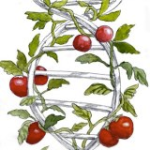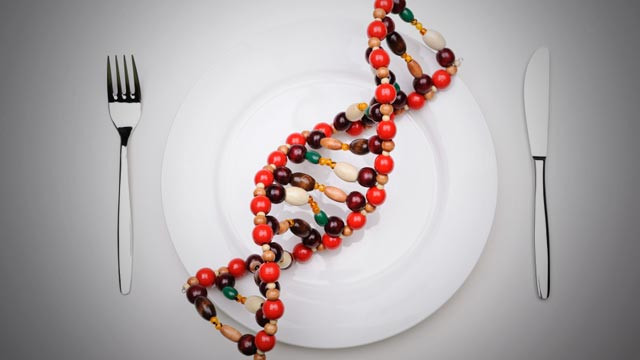 One of the most vexing problems I face as an expert on telomeres and telomerase activation is the issue of diet and telomere length. The problems come in many forms such as using vaguely related or truly unrelated studies to support an eating agenda, using poorly designed studies with inadequate measurements to claim positive results, and the complete lack of 3rd party verification to support statements.
One of the most vexing problems I face as an expert on telomeres and telomerase activation is the issue of diet and telomere length. The problems come in many forms such as using vaguely related or truly unrelated studies to support an eating agenda, using poorly designed studies with inadequate measurements to claim positive results, and the complete lack of 3rd party verification to support statements.
Examples of these in order include: Paleo or Raw Food Veganism, claims made for Multi-Vitamins and telomere length and resveratrol as a telomerase activator. Each and every one of these things could be a blog in itself but for now let’s just stick with what we know about diet and telomere length.
First a diet rich in anti-oxidants, supplements or otherwise has been suggested as a good addition to any anti-aging program. But defining the specifics of that diet has not yet been done. And as usual there is contrasting results depending on who has done the study. Bottom line: makes sense but not proven.
Fortunately a recent study in Finland may help clarify this a bit more by tying fruit and vegetable consumption with telomere length. In women, vegetable intake was positively associated with white blood cell telomere length. Men consuming the most butter and least fruits had significantly shorter telomeres than those consuming the lowest amounts of butter and highest amounts of fruits.
Here is what they found: “ In women, vegetable intake was positively associated with LTL (P=0.05). Men consuming the most butter and least fruits had significantly shorter telomeres than those consuming the lowest amounts of butter and highest amounts of fruits.”
They also found that total fat intake and especially Saturated Fats were associated with short telomere length. They tried to find an association with meat consumption ala the China Study but did not find it to be a dietary villain here.
It would be truly wonderful to do a full blown randomized placebo controlled study on diet and telomere length but this is almost impossible. Getting people to live in a bubble for 12 months is going to cost you big time and the line of volunteers wouldn’t be very long.
Until then we have to live with the same old boring advice of eat more veggies, maybe some more fruit and avoid saturated fats. This looks like it will slow down telomere loss and reduce the speed of aging.
This coupled with the reversal of short telomere length by TA-65 is a pretty compelling way to live longer and healthier!
Doc


The remanding half of the Caveman’s diet was animals and fish. Beneficial in decreasing risk and controlling type 2 diabetes. Luckily you really don’t require to commit weeks studying the net
for the very best diet regime guides.
While I personally lean to Paleo as the most sensible choice, I am quick to point out that so far there is no study that links ANY diet to lengthened telomeres when diet alone is the isolated variable. I was able to speak to Stefan Lindeberg via Loren Cordain. Stefan was very helpful but unfortunately my efforts to connect him with Maria Blasco to do just that study did not bear fruit. I still hope to do this study down the road via Life Length. Any one who is actually open to the truth should welcome this kind of study. Until then Iam concerned about zelous adherence to any diet unless the INDIVIDUAL truly feels better on it. Vegans and vegetarians will say that just as often as Paleos. Based on my own expereince and my community with scientists I support Paleo,but I would still love to have the data.. Dr Dave